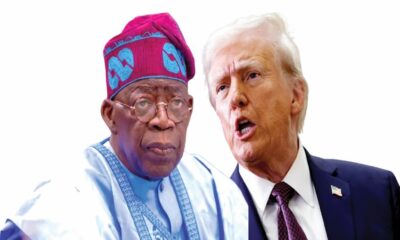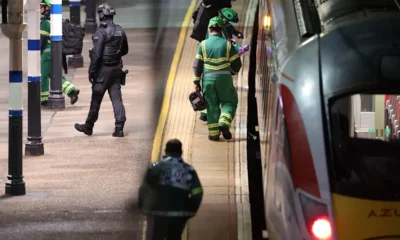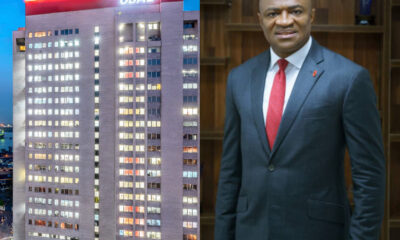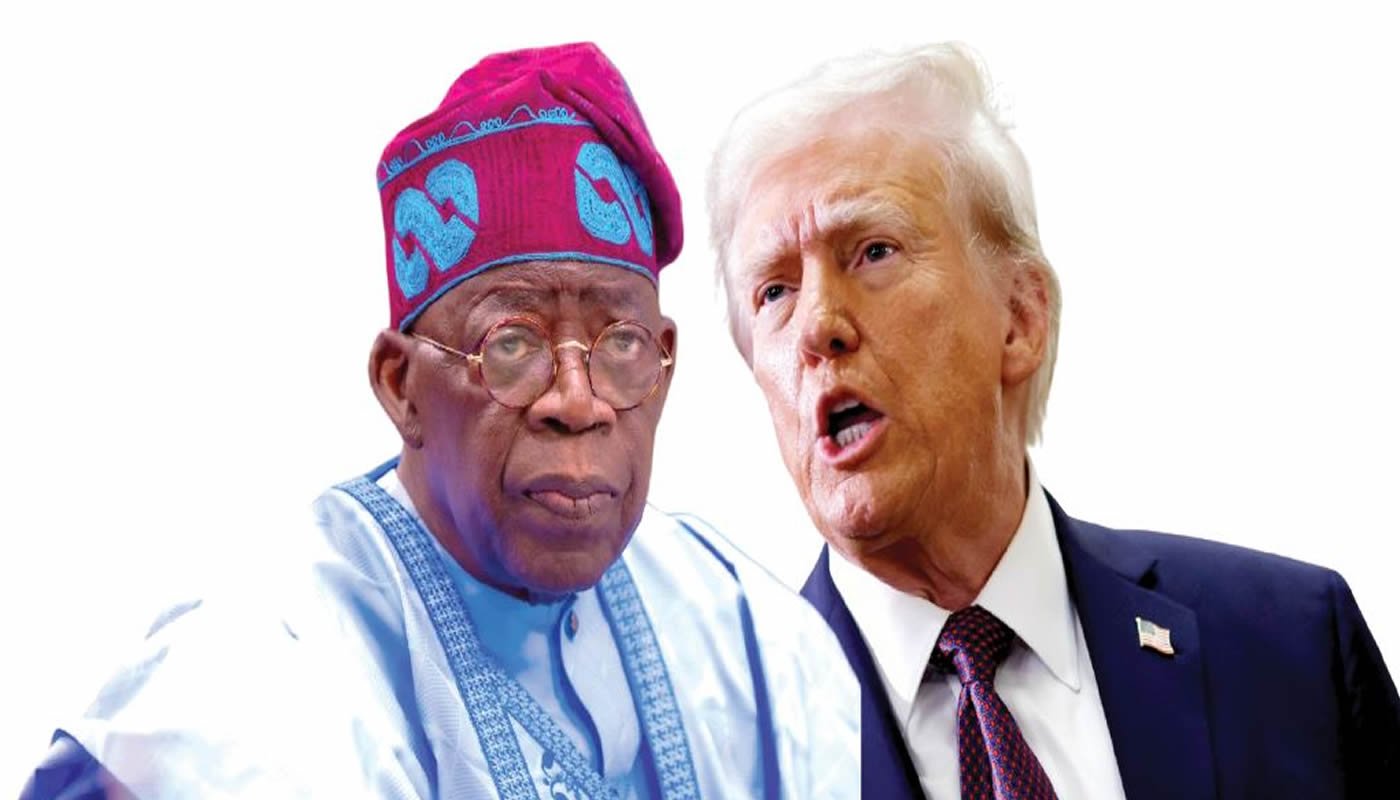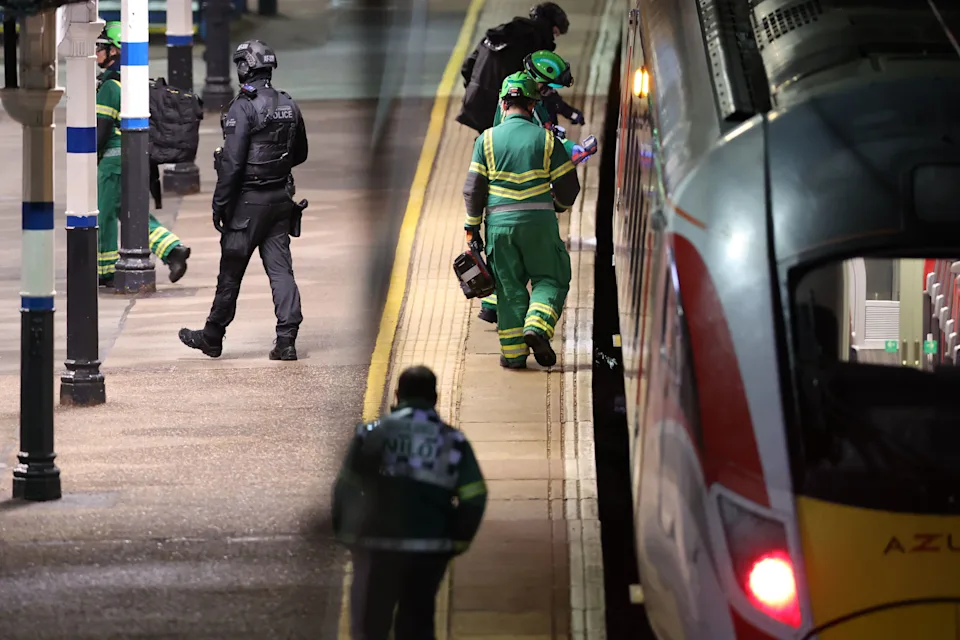The Presidency has confirmed that President Bola Ahmed Tinubu will meet with U.S. President Donald Trump in the coming days as global attention heightens over allegations of targeted attacks against Christians in Nigeria.
Presidential aide Daniel Bwala disclosed the upcoming engagement in a post on X on Saturday, following Trump’s remarks accusing the Nigerian government of ignoring killings of Christians in the country.
According to Bwala, discussions between the two leaders will centre on counterterrorism collaboration and addressing what the Presidency describes as “misconceptions” surrounding terrorist attacks in Nigeria.
Bwala emphasised that both leaders share a mutual commitment to tackling insurgency and global terror networks.
He noted that the planned talks would help clarify claims suggesting that only Christians are victims of terrorism in the country.
Bwala also acknowledged Trump’s past support to Nigeria, stating that the former U.S. President approved major arms sales during his earlier tenure — a move he said contributed significantly to Nigeria’s fight against terrorism under Tinubu.
He added that issues surrounding religious-targeted attacks would be ironed out during the high-level meeting, hinting that talks could take place at either the State House in Abuja or the White House in Washington.
Trump recently issued stern warnings to Nigeria, suggesting the U.S. could halt aid and possibly take military action over alleged Christian persecution — remarks that have stirred diplomatic tension.
His comments came after U.S. lawmaker Riley Moore accused Nigeria of failing to protect Christians and urged Washington to classify the country as a top-risk zone for religious persecution, including a push to suspend arms deals until Nigeria shows stronger efforts to curb violence.
In response to these allegations, Trump formally designated Nigeria a “Country of Particular Concern,” claiming Christians face an existential threat in the country and insisting that “radical Islamists” are responsible for mass killings.
He argued that international action is necessary, citing a large death toll among Christians, and called on the U.S. Congress to probe the situation and report back to him urgently.
Doubling down on Saturday, Trump revealed he has instructed the Pentagon to draft a possible military strategy should Nigeria “fail to stop the killings,” warning that any intervention would be swift and aggressive.
He vowed that the U.S. would immediately suspend all support to Nigeria if the situation persists, stressing that military force was on the table to “wipe out terrorists” responsible for such attacks.
Despite the escalating rhetoric, Bwala insisted that both leaders remain committed to strengthening security cooperation and ensuring global peace, expressing confidence that the forthcoming engagement would help address concerns and deepen international collaboration against terrorism.
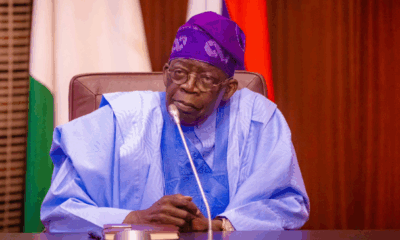
 BIG STORY5 days ago
BIG STORY5 days ago
 BIG STORY4 days ago
BIG STORY4 days ago
 BIG STORY5 days ago
BIG STORY5 days ago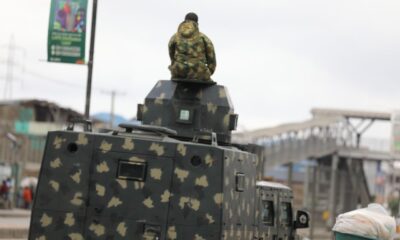
 BIG STORY3 days ago
BIG STORY3 days ago
 BIG STORY4 days ago
BIG STORY4 days ago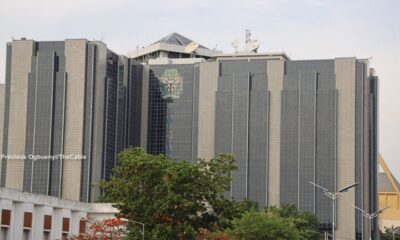
 BIG STORY5 days ago
BIG STORY5 days ago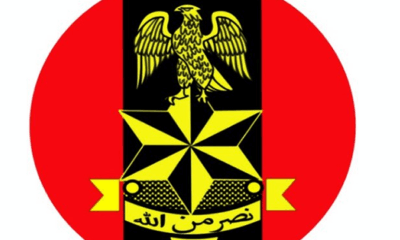
 BIG STORY3 days ago
BIG STORY3 days ago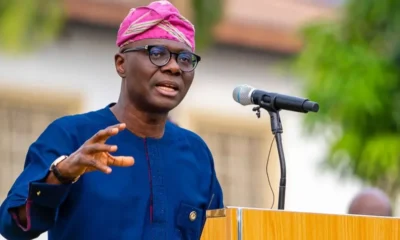
 BIG STORY4 days ago
BIG STORY4 days ago







